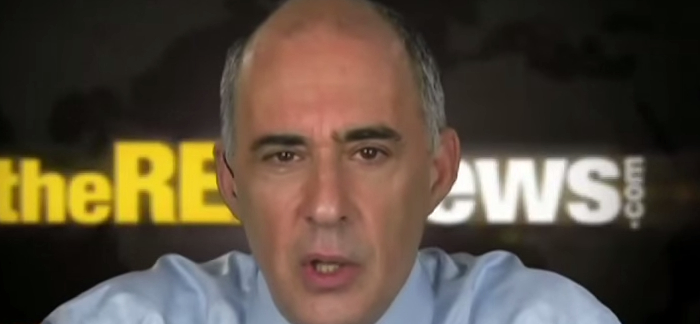Many in the United States are struggling with the changes to their health care thanks to the Patient Protection and Affordable Care Act, commonly known as Obamacare. Many see the changes being implemented as a step toward a single payer system of health care. Only the United States and Mexico stand alone in the industrialized world as nations that don’t have some form of nationalized health care. This means there are some pros and cons to a single payer health care system that should be evaluated to determine if more changes may be necessary.
What Are the Pros of a Single Payer System?
Everyone has the chance to receive health care, no matter what their financial circumstances.
Under a single payer system, there is one general fund that receives payments from the general public. This fund also disperses payments to medical professionals. Taxes are also typically contributed into this fund as well. This means that everyone can receive health care when they need it instead of when they can afford it.
It eliminates the concept of the pre-existing condition.
Many people who rely on insurance instead of a single payer system find themselves limited in the scope of their coverage thanks to pre-existing conditions. A knee injury in high school, for example, could be enough for some insurance plans to reject an application for new insurance. The single payer system eliminates this.
It creates a system of equality throughout all demographics.
There is no social or monetary status that can provide a faster system of care for someone who is struggling with a health issue when there’s a single payer system. All people within the system, no matter how much money they have, are able to receive care. Some richer demographics might be able to seek care from private providers, but the standardized system of care will be equal.
What Are the Cons of a Single Payer System?
It extends the waiting time for care.
In nations where a single payer system has been instituted, the waiting times to see a specialist can easily reach 6-8 weeks. That’s 3x the wait time that it takes for American patients to get into see a specialist for their health concerns. During this waiting period, it is not uncommon for issues to progress further.
It creates doctor shortages.
In the United States, the effects of increased health care have resulted in tremendous doctor shortages – especially in rural locations. It is not uncommon to be on a 6 month waiting list for routine procedures like well-child checkups, needed vaccinations, or other long-term health maintenance items. This longer wait time makes it more difficult for households to see their family doctor with an immediate health concern as well.
It may reduce the overall quality of care.
In some single payer health care systems, there is just 1 doctor for every 500 people in the general population. This means that doctors are forced to rapidly examine and evaluate a patient’s condition and this increased speed can lead to errors are a doctor simply providing a patient with what they say they need.
A single payer system helps to level the playing field for modern health care coverage, but it may come with a price. By evaluating all of the pros and cons of such a system, each community and country can decide if it’s the right system of health care for their population.




